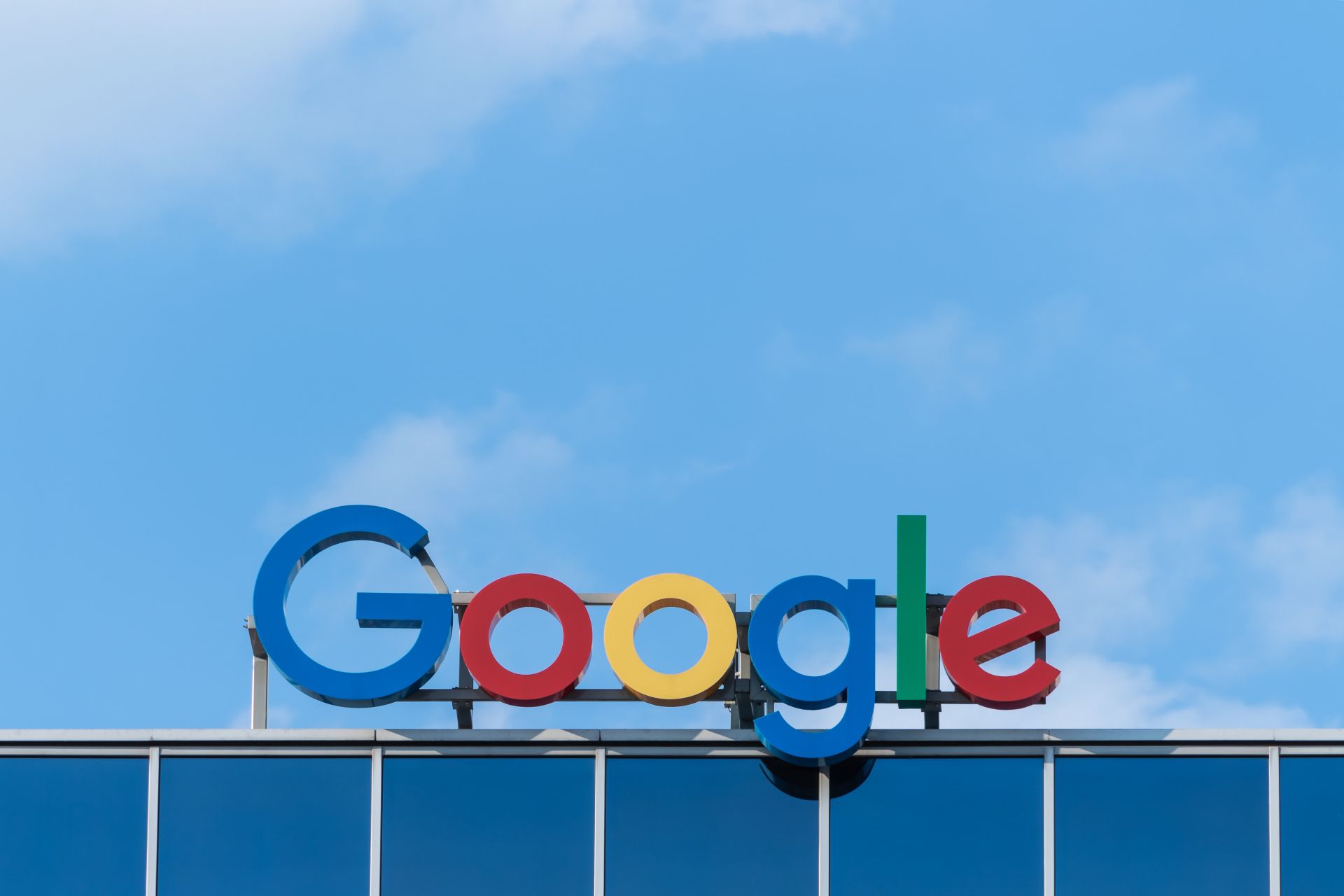Just a week ago, Google started a big change for Chrome, the web browser that 3 billion people use. They stopped using tracking cookies for 30 million of these users. By the end of this year, Google plans to get rid of these cookies completely. Instead, they’ll use something called “Privacy Sandbox,” which is supposed to be better for privacy. This is a huge change for the internet.

What does this mean for making money online?
A company called Raptive, which works in online ads, says that since Google stopped using cookies, they’re making 30% less money from these users. But they think this isn’t all bad. Paul Bannister from Raptive thought it would be worse. He says it’s a problem, but they can handle it. The idea is to keep making money but also protect people’s privacy.
Uncookied Chrome users appear to be monetizing about 30% worse than those with cookies. That seems bad, but it's far better than the 60% worse performance of Safari users. Considering that this is just the beginning we think this is a really positive result. 3/
— Paul Bannister (@pbannist) January 9, 2024
“We also think much of that 30% gap can be made up this year with continued investment in Privacy Sandbox, ID solutions, and more. Our early analysis also shows that Prebid demand (i.e., non-Google demand) is performing better than Google demand in the deprecated user group. We think this is because Google is all-in on Privacy Sandbox, whereas most other SSPs are supporting Sandbox & more,” Bannister continues his thread.
Google killing cookies to adapt Chrome to future
Why Is Google getting rid of cookies?
There are a few reasons why Google is doing this. First, cookies can be a privacy problem. They track what you do online, and not everyone is okay with that. People want more control over their personal information. Second, users are asking for more privacy. They want to know how their data is used, especially for ads that are targeted at them. Lastly, laws are getting stricter about privacy. Places like Europe and the US have new rules to protect people’s data. Google needs to follow these rules to keep users’ trust.

The Future of Ads Online
With cookies going away, the old way of showing ads online is changing. It’s harder to know about the people who see the ads. But big companies like Google don’t really need cookies. They know a lot about their users already. So, ads might show up more on big platforms like Instagram, YouTube, Google Search, TikTok, or Android phones. These platforms can still do targeted ads, just in a different way, says Gizmodo.
In conclusion, Google’s move to phase out Chrome cookies marks a significant digital shift. It’s not just about changing how ads are shown online; it’s about responding to the growing demand for privacy and adapting to new rules that protect our data. This change may seem challenging for businesses that rely on digital advertising, but it’s also an opportunity to innovate and find new ways to connect with users. As we move forward, the focus will be on balancing the needs of businesses with the privacy and control users deserve. This is just the beginning of a new chapter in the internet’s story that promises a more secure, private, and user-friendly online experience for everyone.
Featured image credit: Firmbee.com





